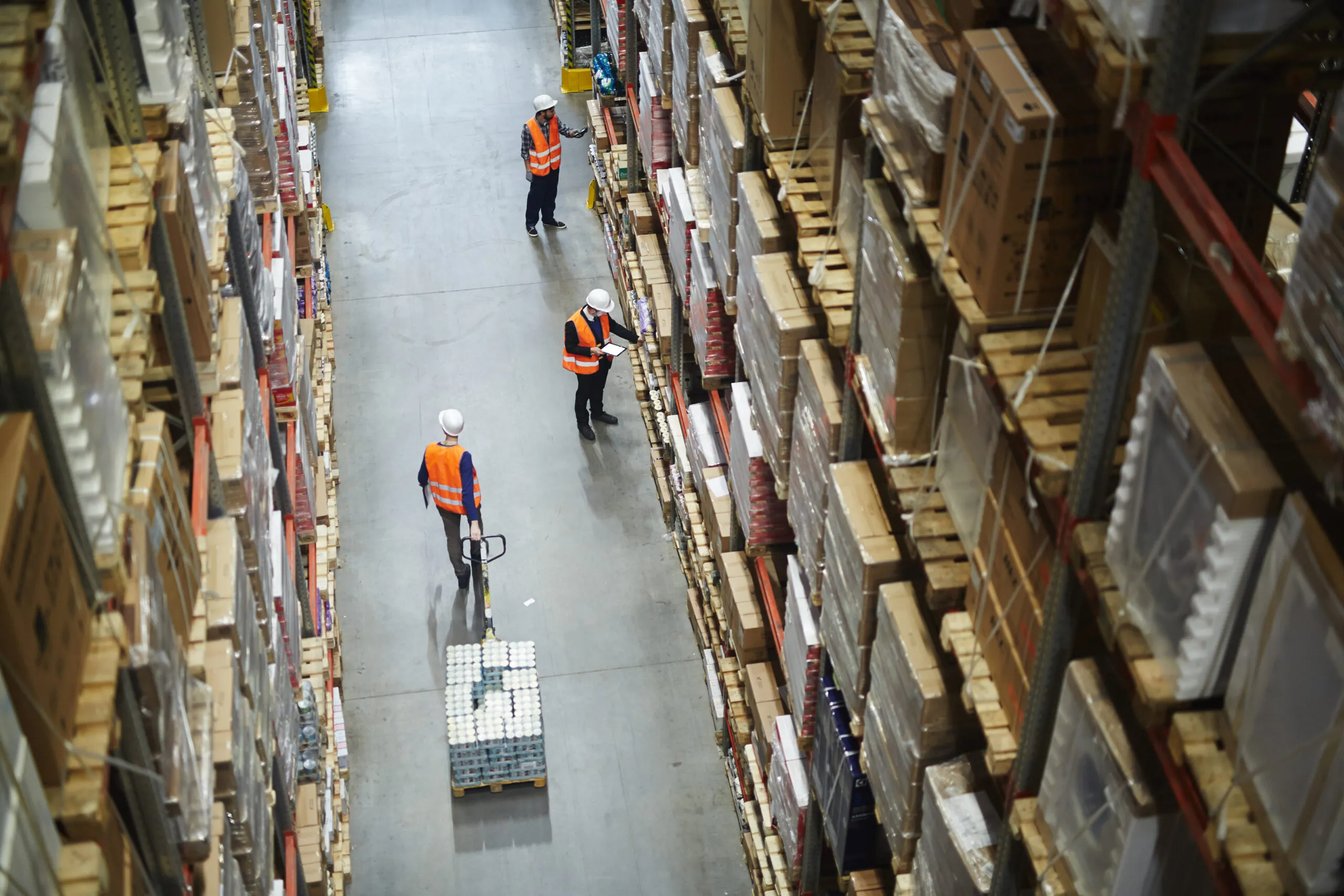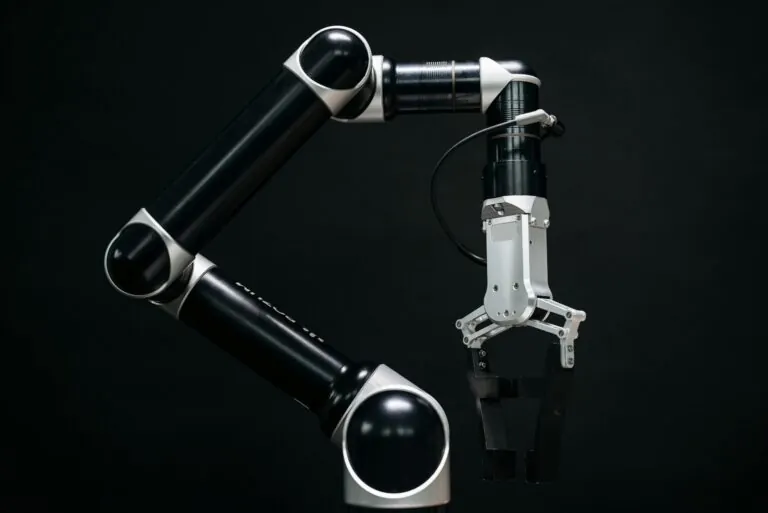EWM 2025 Executives Guide to Warehouse Mobility and Efficiency

FSMA 204 Extension: Digital Traceability that Delivers ROI Before 2028
AI Readiness For Supply Chains Starts With Mobile Barcoding
Data Integrity in the Supply Chain: The Hidden Factor Behind AI Accuracy
AI Adoption in Supply Chains: From Agents to Mobile Execution
A practical, ERP-inclusive guide to adopting AI agents in supply chains and turning insights into action with mobile execution.
Read MoreWhy Supply Chains Need Clean, Real-Time Edge Data for AI Accuracy
Bad edge data = bad AI. How barcode-driven, real-time capture and RFgen’s Oracle Cloud/EBS integrations stop GIGO and fuel better analytics, agents, and decisions.
Read MoreWebinar: Resilience Strategies That Build Trust in Supply Chains
Build resilience in permanent disruption with real time visibility, smart inventory, responsive warehousing, and practical steps leaders can apply today.
Read MoreIs Your Inventory Agile Enough for Today’s Demands?
Manual and outdated inventory tracking systems are no match for today’s supply chain speed. This playbook explores the critical need for agility on the warehouse...
- Asset Tracking
Reimagining Mobile AIDC: AI, Hybrid Tracking & Zero-Trust Security at the Edge
As CEO of RFgen Software, I have a front-row seat to how mobile technologies and automated data capture are transforming supply chains.
Read MoreWarehouse Picking Guide: Methods, Technology & Trends
Discover warehouse order picking strategies, from batch and zone methods to automation and AI, boosting efficiency, accuracy, and customer satisfaction.
Read More







